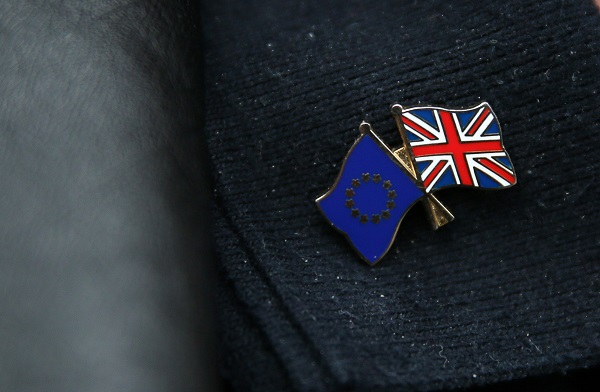Brexit effect keeps British inflation above target rate
Published : 16 Nov 2017, 01:56
British inflation remained one percent above its target rate of 2 percent according to figures has released, principally the result of a significant weakening in sterling since the Brexit referendum in June last year.
British inflation in October stood at a five-and-a-half-year high of 3 percent, for the second month running.
The fall in sterling since June 2016 has fed through directly to consumer price inflation (CPI) which was 0.5 percent in May last year just before the vote and now stands at 3 percent according to Tuesday figures from the Office of National Statistics (ONS).
Recent increases in oil price are having additional upward pressure through rising fuel costs, with energy inflation hitting 5.8 percent annually in September.
CPI inflation is now one percent above the target rate for the central bank the Bank of England (BoE).
Expert consensus had expected CPI inflation to reach 3.1 percent in the Tuesday figures, and it's failure to do so came as a surprise.
"Discounting in the households goods sector is largely responsible," Samuel Tombs, chief UK economist of Pantheon Macroeconomics told Xinhua.
October's inflation rate was 0.2 percentage points below the BoE's Monetary Policy Committee's (MPC) forecast in last week's quarterly Inflation Report.
However the continued upward pressure on inflation now represented by higher fuel prices means that expectations are that inflation will continue to rise, at least for this year until the effects of Brexit's fall have passed through.
"CPI inflation won't undershoot its forecast in the remainder of 2017," said Tombs.
He added that next year in 2018, however, inflation could fall faster than expectations.
"Retailers have nearly finished passing on higher import prices to consumers, and domestically-generated inflation still looks weak," said Tombs.


